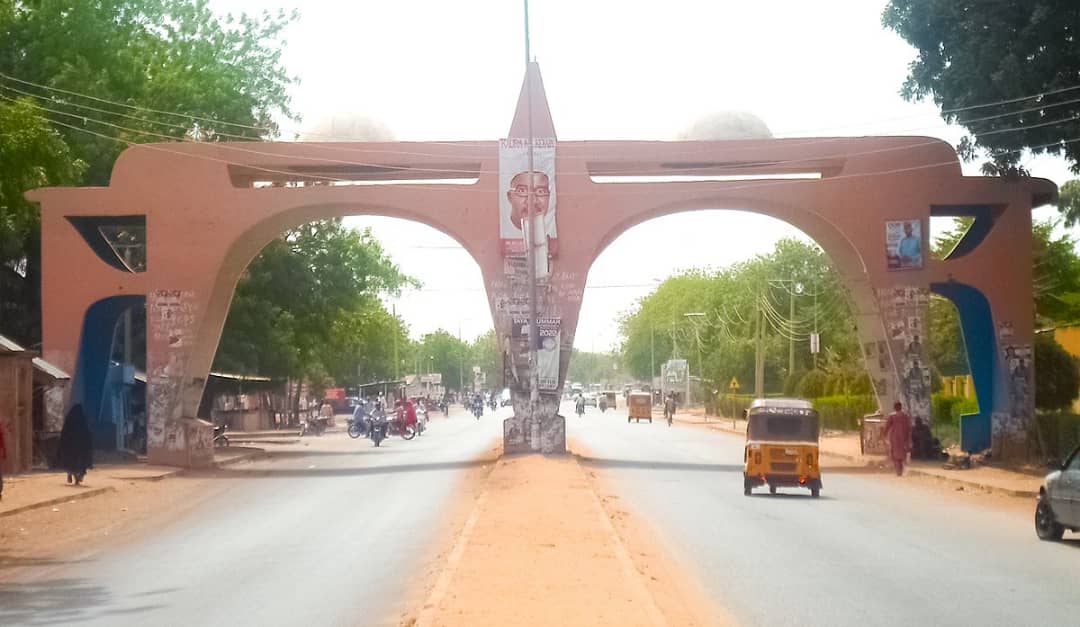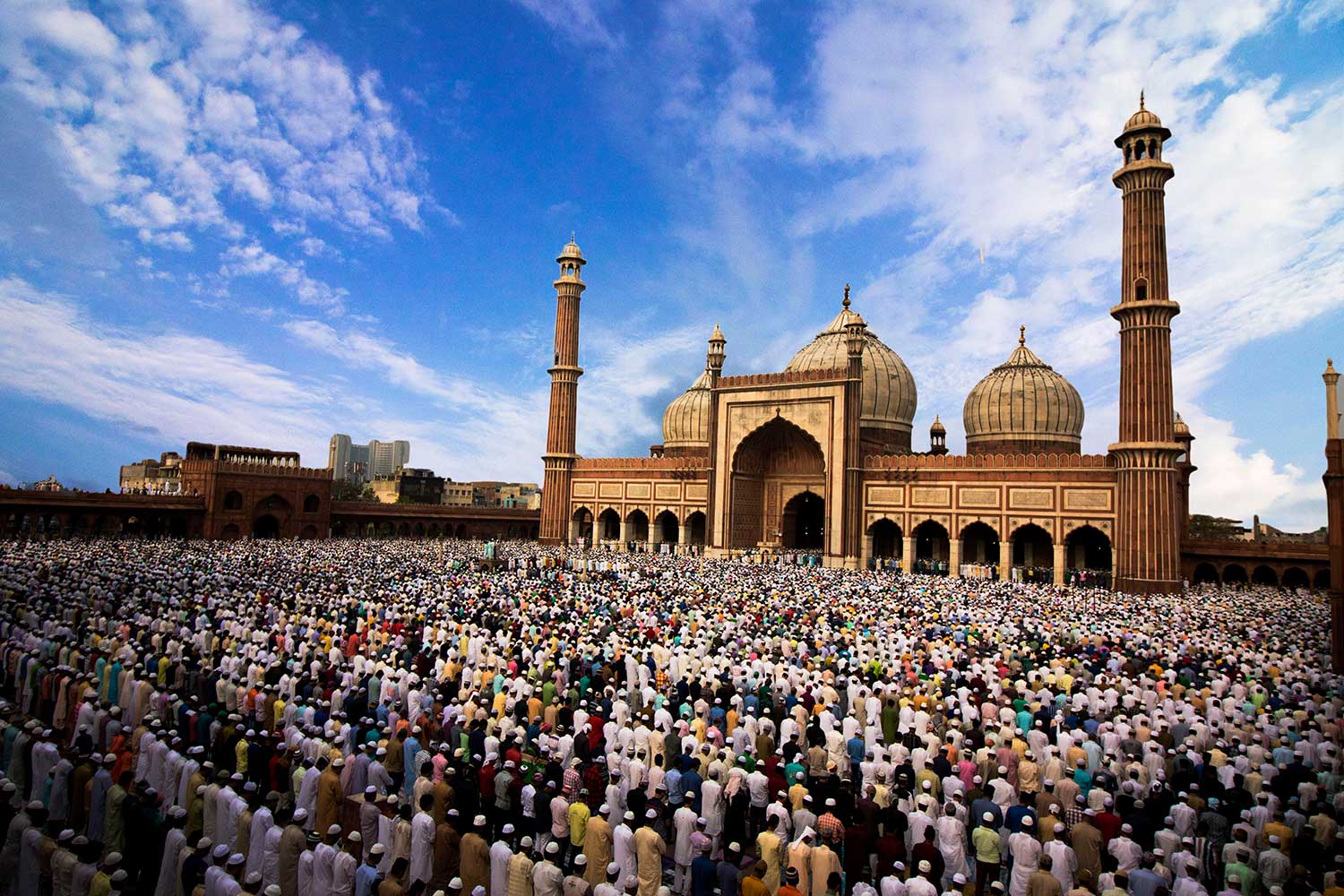
22nd March, 2024
Zaria, Kaduna State
“For as the rain and the snow come down from heaven, and return not thither, but water the earth, and make it bring forth and sprout, that it may give seed to the sower and bread to the eater, so shall my word be that goes forth from my mouth: it shall not return to me void, but it shall accomplish what I desire, and succeed in the thing for which I sent it.” Isaiah 55:10-11
Zaria is a bustling metropolis in Nigeria, situated within four local government areas in Kaduna State. As the capital city of the Zazzau Emirate Council, it holds historical significance as one of the original seven Hausa city-states. According to the 2006 population census, Zaria was estimated to be home to 736,000 people.
The arrival of Islam in Zaria dates back to the late 1450s when it was introduced through neighbouring Habe cities, Kano and Katsina. This period saw a flourishing trade network between these cities, involving camel caravans carrying salt in exchange for slaves and grain. The city-state reached its zenith under Queen Amina, whose military campaigns expanded its influence over a tributary region encompassing the kingdoms of Kano and Katsina. However, after Queen Amina’s demise, Zaria came under the influence of the Jukun Kingdom and eventually became a tributary state itself. In the fifteenth and sixteenth centuries, it became a tributary state of the Songhai Empire, and in 1805, it fell to the Fulani during the Fulani Jihad. Later, British forces led by Frederick Lugard captured the city.
Zaria is renowned for participating in the annual cultural durbar festivals, celebrated twice a year to mark the end of Ramadan and coincide with the Muslim festivals of Eid al-Adha and Eid al-Fitr. The festival unfolds in phases, with the emir leading a tour around the city on the first day, known as Hawan Sallah, accompanied by district heads and royal guards. Subsequent days, Hawan Bariki Sallah and Hawan Daushe, mark the concluding tours, holding immense significance for Muslims in the city. The city’s foundations are deeply rooted in Islam, leading to a strong resistance to the Christian gospel. Despite this, there are Christians among both indigenous and settler populations in Zaria.
The first church in Northern Nigeria was built in Wusasa Zaria in the year 1929 and still holds its elegance and reminds us of the drive to finish the great commission in the North of Nigeria. Zaria also holds significance as the centre of the very first daring and radical attempt by fresh Nigerian graduate believers to engage others cross-culturally with the gospel. This attempt eventually catalyzed into the very first indigenous mission effort in Africa. Zaria has continuously held immense significance in the attempt to finish the task of evangelisation in Northern Nigeria.
Please pray
- Thank God for the significance Zaria holds in Nigerian missions and in the efforts towards finishing the task.
- Pray that the light of the gospel will shine through the city of Zaria, and the inhabitants will acknowledge and submit to the lordship of the God of all flesh.
- Declare the Lord’s blessing upon past labours and every ongoing missional effort to stabilise the city in righteousness and advance the kingdom of God.







No comment yet, add your voice below!